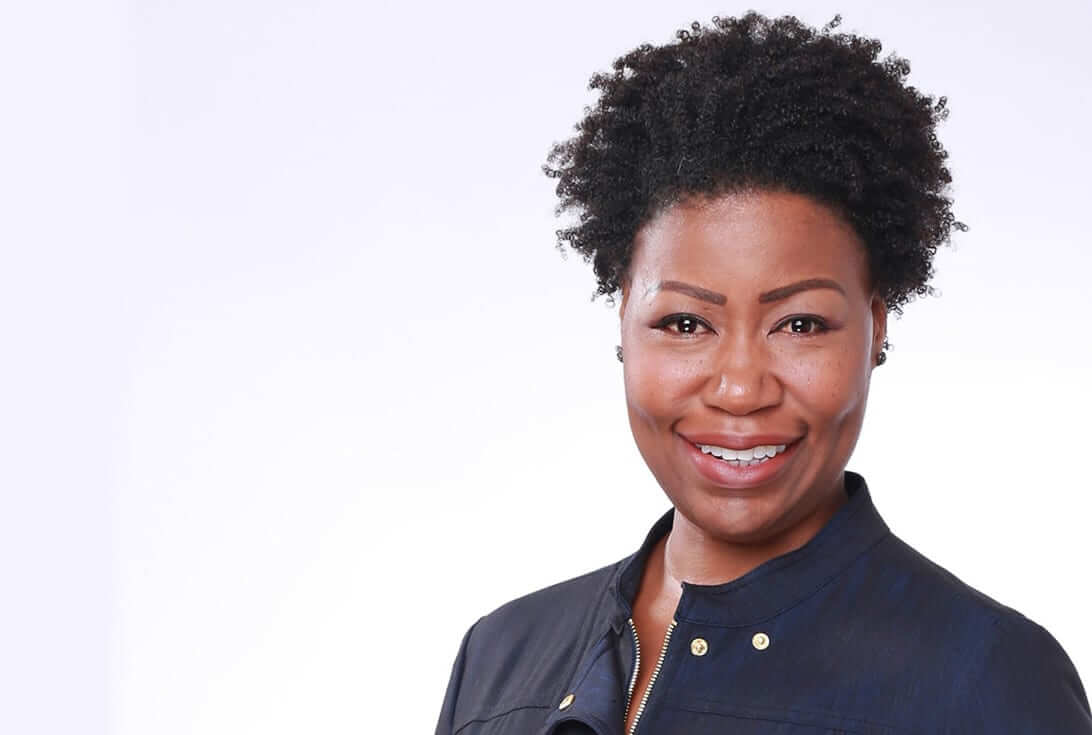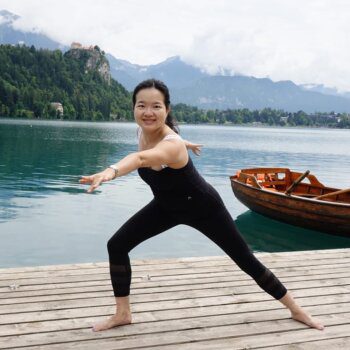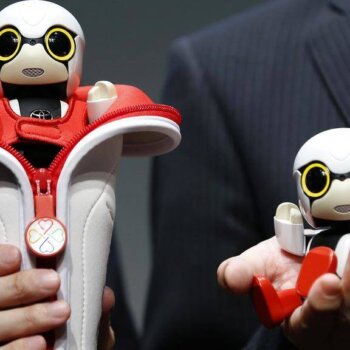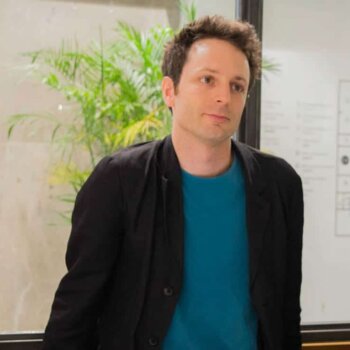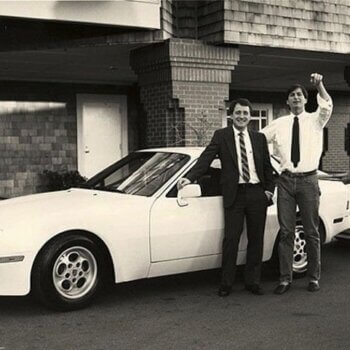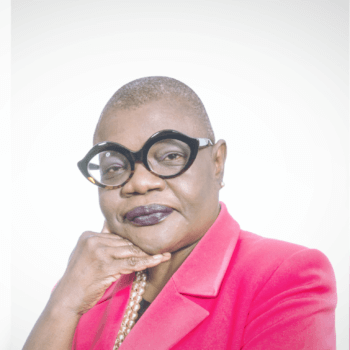Denise Morris Kipnis’ curiosity in people and the world, lead her to set up ChangeFlow Consulting.
What’s your story?
I’m driven by curiosity. Having been the only one in a room who looks like me for most of my life, I developed a curiosity about who stays, who leaves and who thrives in minority/majority situations including when and how connection and collaboration happen. I was a systems thinker long before I knew what that was, always asking why and so what; and seeing the pieces, the whole, and the places in between. So helping people and organisations move through the complexity of transformation feels natural to me.
What excites you most about your industry?
I see change and inclusion as two sides of the same thing; I don’t practice one without the other. Some people see change as death, as loss, as exhausting. And it can be. But I see in the work I do as an opportunity for something new or hidden to emerge. When an organisation understands that it is first a group of people, who themselves represent and belong to groups of people, and it begins to tackle what it would mean to understand and learn from all that talent, all that diversity, to have them all working for and not against the organisation, to truly unleash all that their people have to offer; that’s magic.
What’s your connection to Asia?
Change and inclusion are personal values as well as professional strengths. For me, living and working outside of the States was a bold experiment to see whether any of the stuff I’d learned about change and inclusion would work outside of the US. My husband and I targeted Asia specifically: it would be the greatest contrast, culturally speaking, for me; and a unique career springboard for him.
Favourite city in Asia for business and why?
Although I’ve practiced in other cities, I am biased towards Singapore. In some ways it’s what Los Angeles is to the rest of the United States, a microcosm of sorts. The regional/global nature of it means that so many different nationalities and cultures are represented. As a result of this mix, you never know what you might get. In some situations, cultural dynamics are obvious, sometimes subdued. The variability is compelling.
What’s the best piece of advice you ever received?
“Never ask anyone to do anything you wouldn’t do yourself.” Michael Rouan.
Who inspires you?
Often it’s a “what” not a “who.” I can get inspiration from a passage in a book or a situation in a movie, as well as a turn of a phrase or watching people interact. I often make the biggest connections between the various threads I’m working on when I’m sitting in someone else’s event.
What have you just learnt recently that blew you away?
I’m honestly not blown away by much. Instead, I’m struck how circular things can be: ideas often come back around with a slightly different twist and I watch the way it shakes things loose for people. I recently sat through a workshop on Self as Instrument, and despite being thoroughly versed already, I learned something. In preparing for a panel on design thinking, I unearthed a new language to describe things.
If you had your time again, what would you do differently?
You’ve caught me at a good time. I’m sitting in appreciation and gratitude for all my experiences, because I wouldn’t be who I was today if all that has happened, didn’t. And yet one thing comes to mind: It wasn’t until I redesigned my website two years ago (shout out to Brew Creative!) that I realised I hadn’t made explicit agreements with my past clients as to what I could share publicly about our engagement, or whether I could use their logos in my promotional materials. In my business, confidentiality is so important, and yet I need to be able to talk about the work as reputation and experience leads to the next success, and so on. It turned out a lot of the contacts I had known had left the organisations where the work was done, so they couldn’t help at that point. So the practice I’m carrying forward is to get those agreements up front, and to make sure my relationships in client systems are broad as well as deep.
How do you unwind?
Science fiction, puzzles, wine.
Favourite Asian destination for relaxation? Why?
Home. I don’t travel to relax, I travel to learn and explore.
Everyone in business should read this book:
Built to Change, by Ed Lawler and Chris Worley. To my knowledge, it’s the first pivot from advising organisations away from stability and toward dynamism, from strategic planning to strategizing as an action verb; to blow up the traditions and rigidity that impede organisations from developing change capability.
Shameless plug for your business:
We’re taught that there are two kinds of people: those who see forests, and those who see trees. There is a third type, my type, and we see the ecosystem. Worms, climate, birds, the spaces in between. This is the perspective organisations need to be successful in solving complex problems and thriving in change.
ChangeFlow uniquely blends four disciplines (two of which are multi-disciplinary in themselves): organisation development, culture and inclusion, change management and project management.
How can people connect with you?
Facebook: https://www.facebook.com/ChangeFlowConsulting/
LinkedIn: https://www.linkedin.com/in/dmorriskipnis/
LinkedIn Company page: https://www.linkedin.com/company/4862954/
Email: [email protected]
Website: http://www.changeflowconsulting.com
Twitter handle?
@ChangeFlow
—
This interview is part of the ‘Callum Connect’ series of more than 500 interviews
Callum Laing is an entrepreneur and investor based in Singapore. He has previously started, built and sold half a dozen businesses and is now a Partner at Unity-Group Private Equity and Co-Founder of The Marketing Group PLC. He is the author two best selling books ‘Progressive Partnerships’ and ‘Agglomerate’.
Connect with Callum here:
twitter.com/laingcallum
linkedin.com/in/callumlaing
Download free copies of his books here: www.callumlaing.com
